Solar radiation management to cope with climate change is a hot topic that has not yet reached consensus in the scientific community in particular and countries in general.
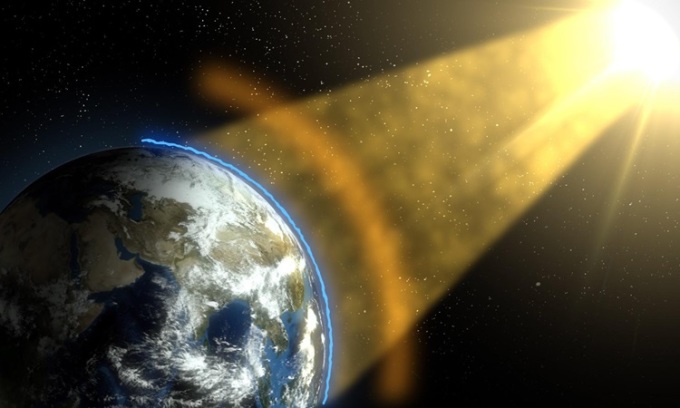
Solar radiation management is currently largely theoretical. Photo: PBS
Switzerland recently proposed that the United Nations establish a panel of experts on solar geoengineering, a controversial field of research that involves using technology to stop the Sun from further changing the Earth’s climate. The group was not feasible because countries argued too much about what they could do or how they could achieve it. Solar geoengineering is a hot topic, although it is currently largely theoretical, according to Popular Mechanics .
Geoengineering or climate engineering is a general term for any activity that artificially alters the Earth's climate. Terraforming is also a form of geoengineering, with the aim of turning "uninhabitable" planets (often with harsh or no atmosphere at all) into habitable planets by creating an atmosphere and water cycle similar to Earth's. Solar radiation management is a specific branch that seeks to alter the climate by covering the Sun with reflective materials. If solar radiation were reflected back, the Earth's climate would be cooler.
Responding to the Swiss call for a working group, three researchers from James Cook University in Australia and Wageningen University in the Netherlands published an article on The Conversation calling solar radiation management a “dangerous distraction.” They said the study pointed to many potential risks that outweighed the benefits, including unpredictable impacts, loss of biodiversity, weakening food security, and multigenerational human rights violations.
Solar radiation management has long been controversial in the scientific community. In 2021, Harvard University withdrew plans for a high-profile solar radiation management experiment after a small pilot study on a device they could use to inject particles into the atmosphere and block out the Sun was met with backlash. It was just a test with a balloon and some equipment, not any particles.
In 2022, the Massachusetts Institute of Technology (MIT) proposed a space-based solar radiation management study, aiming to block out the Sun from space rather than through the Earth’s atmosphere. If climate change progresses too far, the idea’s proponents argue, geoengineering could be humanity’s emergency solution. It could be the last and only option. The word “emergency” is key in the debate over solar radiation management. After decades of relative inaction, scientists are increasingly concerned and even alarmed by the climate crisis.
In an article for The Conversation, researchers argue that new technologies will require 100 years of continuous use. The problem is that many scientific predictions are prone to unexpected outcomes when applied in real life. That’s something we can’t know unless scientists are allowed to conduct experiments. Likewise, the eradication of fossil fuels around the world will take just as long, with complex consequences for food supplies and human rights.
The authors of the paper point out that the experiment reflecting seawater off the Great Barrier Reef off Australia was a failure, with no meaningful impact on water temperature. Developing countries have called for the use of solar radiation management at UN meetings to be discouraged. Instead, they argue that real-world research should be conducted to understand the unintended consequences and other potential impacts of solar radiation management.
An Khang (According to Popular Mechanics )
Source link


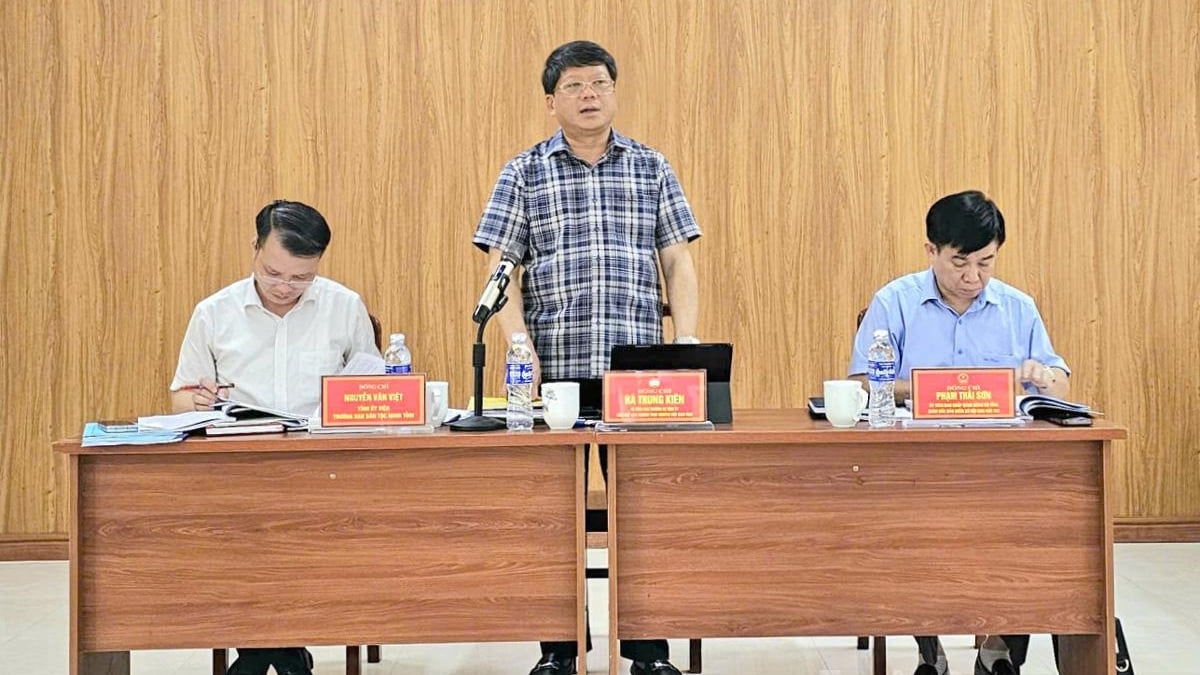


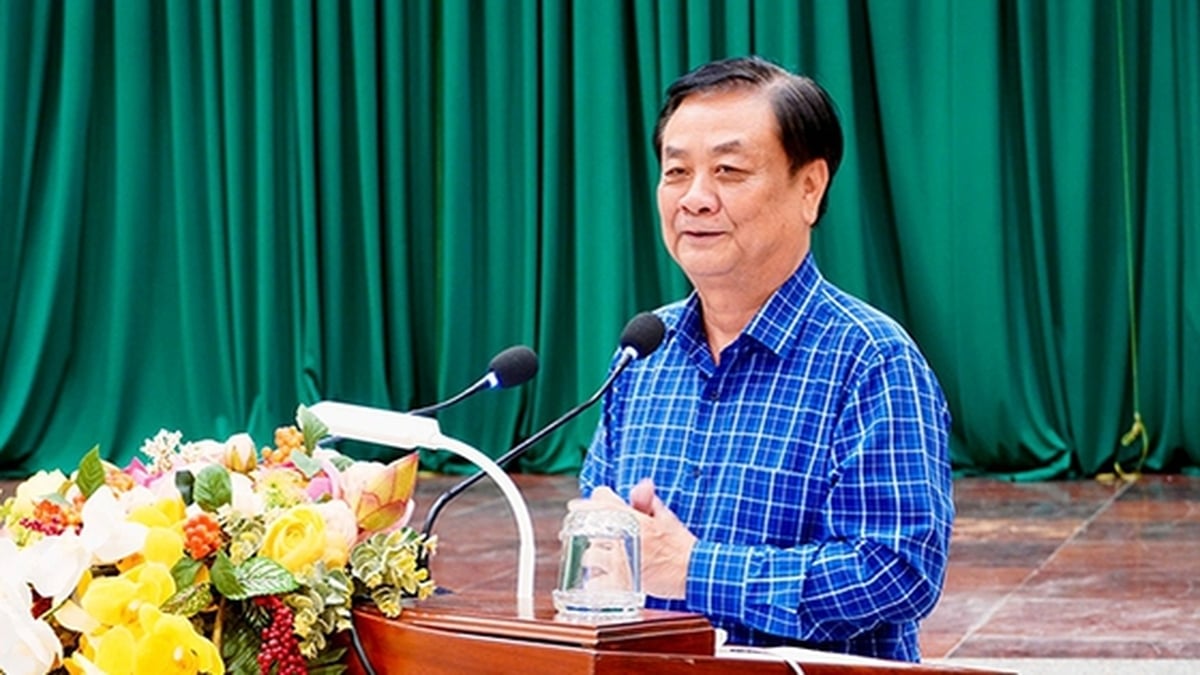
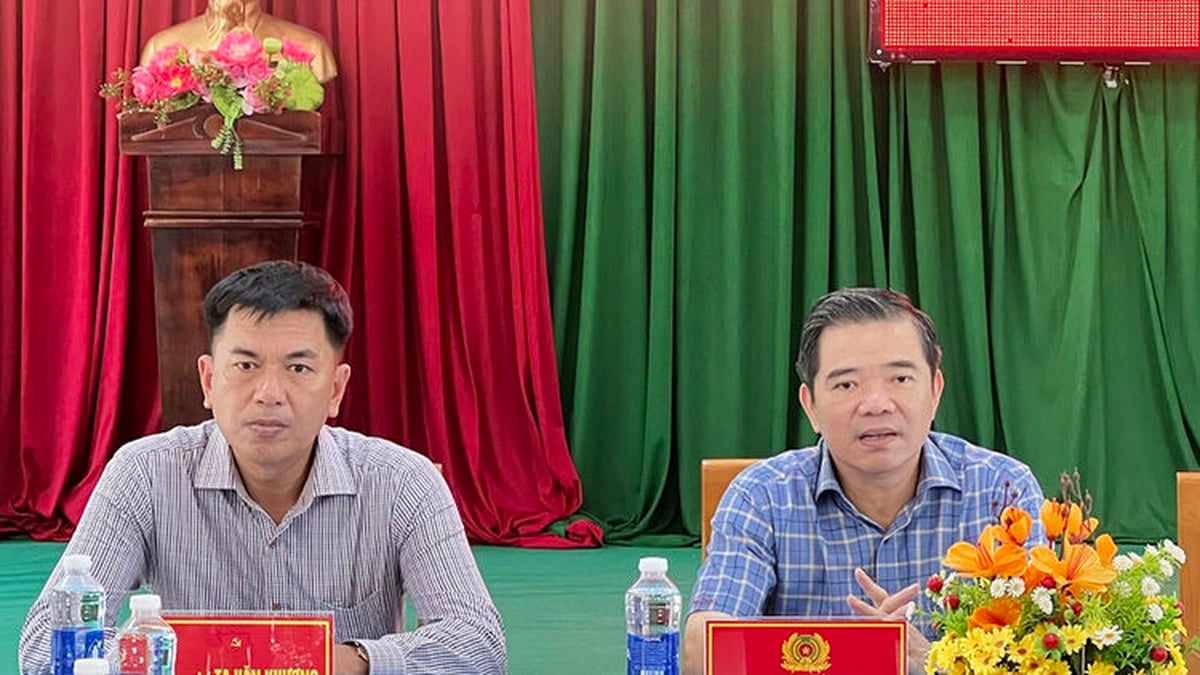

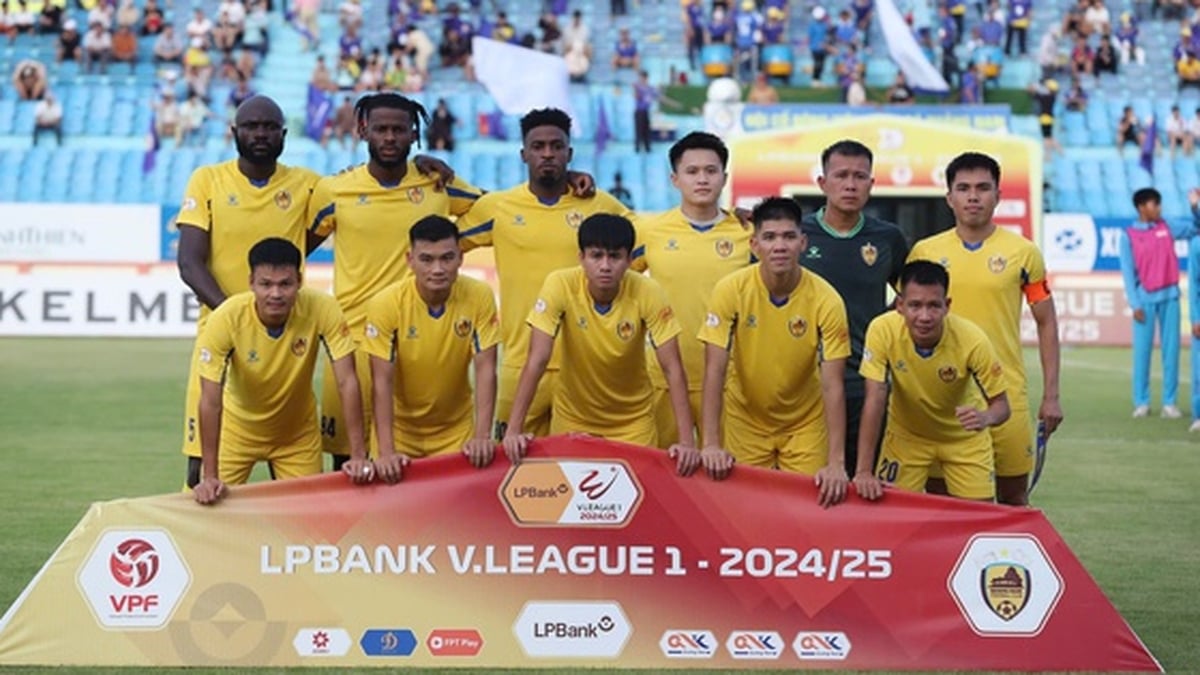
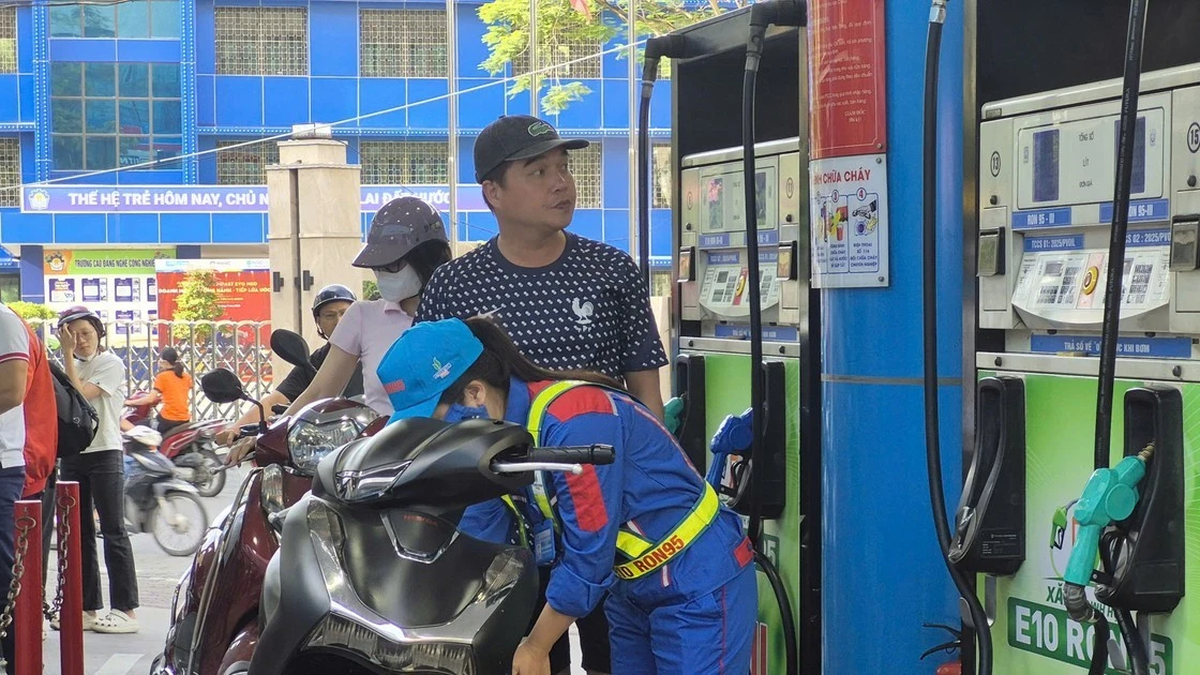
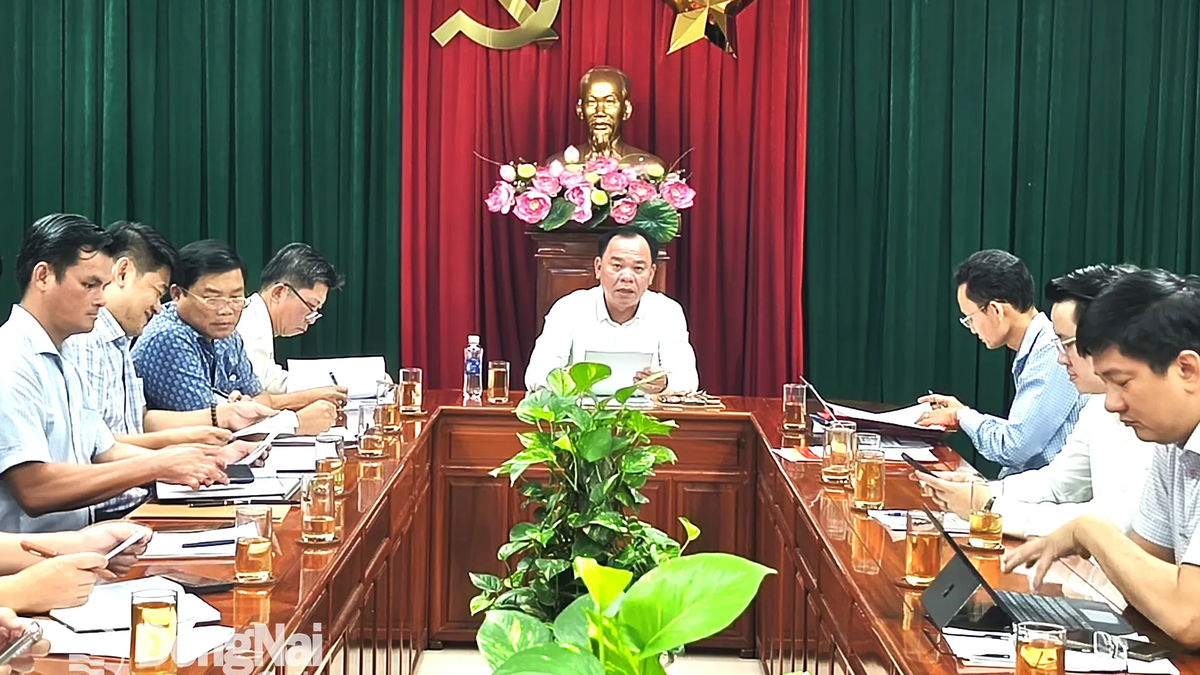
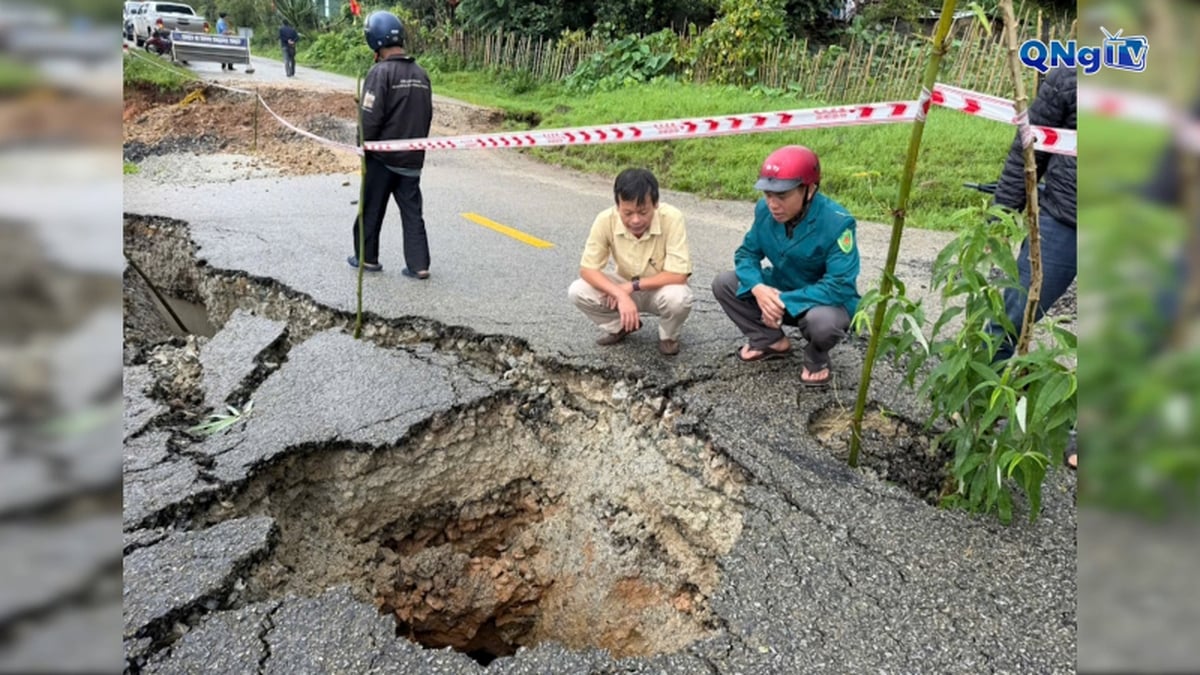




























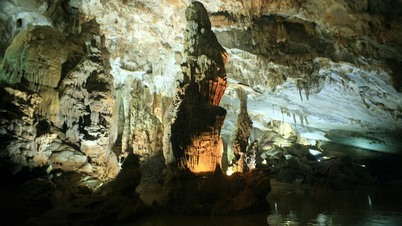

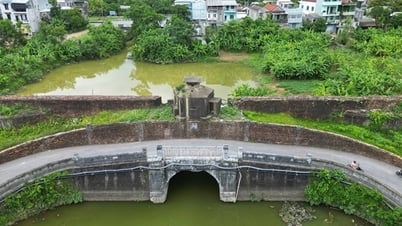











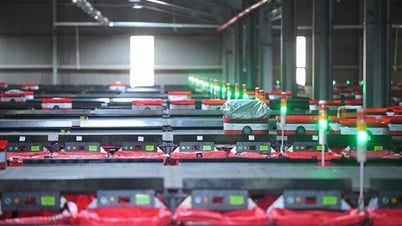



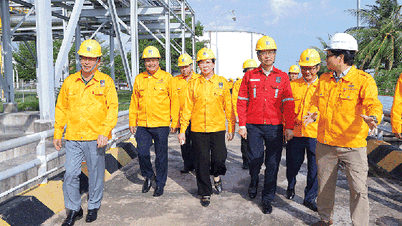





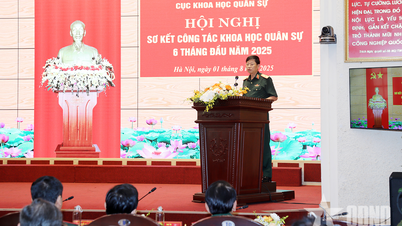
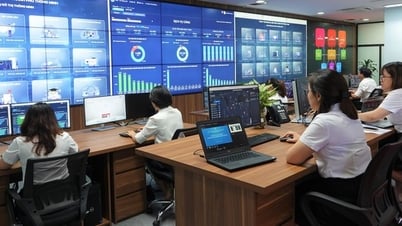
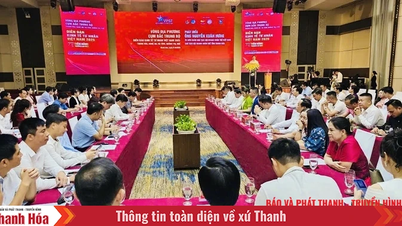

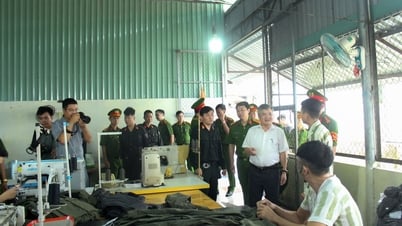

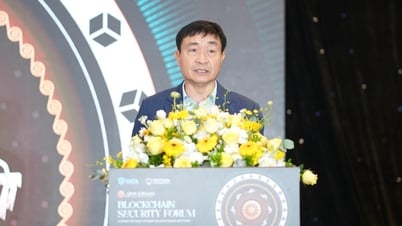
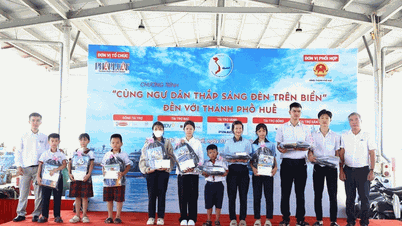

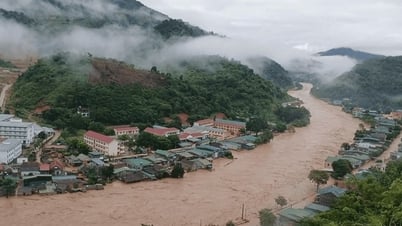






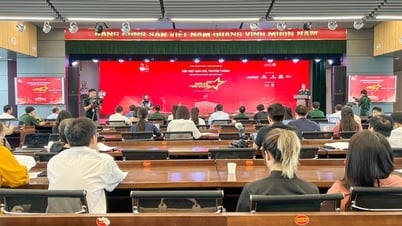























Comment (0)